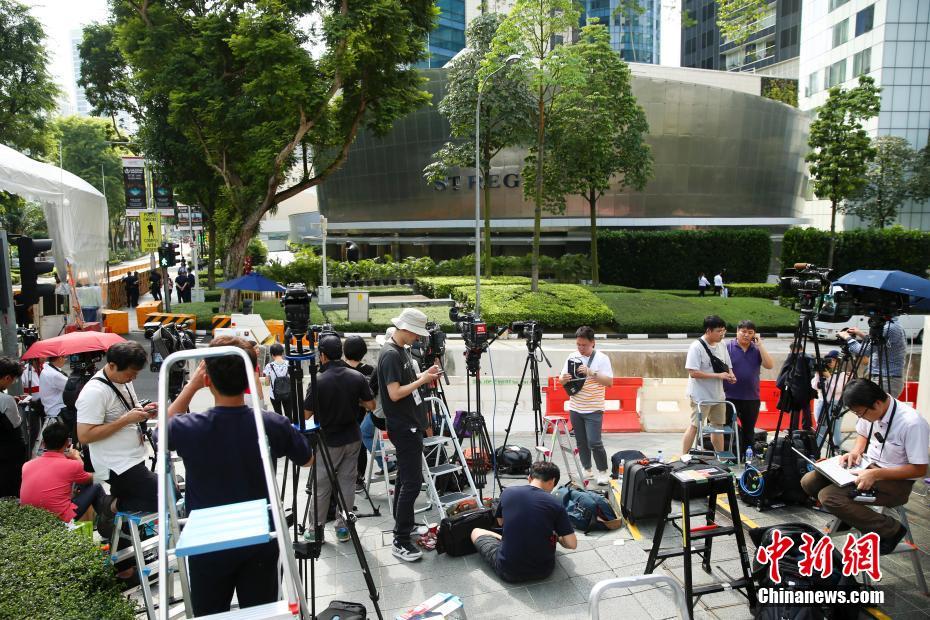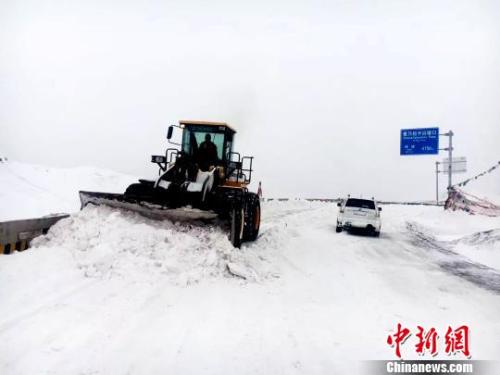Nice try,Hunt, "Introduction", in Hunt ed., Eroticism p. 3 and p. 5 Amazon. Trying to make us think you're here to support small businesses. We see you with your glossy new "Storefronts" webpage on Amazon.com.
In case you weren’t aware, Amazon has put a ton of pressure on brick-and-mortar businesses by undercutting them on price, sometimes with its own Amazon-branded products. Plus the company (currently worth more than $900 billion) has the power to charge business owners whatever it wants to have products listed on Amazon, because, really, what other option do they have?
SEE ALSO: Amazon reportedly wants to buy a bunch of movie theatersBut don't mind that. Storefronts is all about highlighting products "exclusively from U.S. small and medium-sized businesses." Amazon will air national TV commercials featuring some of those very sellers. The new online store will sell items from 20,000 small businesses, spanning 25 categories from back-to-school supplies to kitchen utensils.
 Original image has been replaced. Credit: Mashable
Original image has been replaced. Credit: Mashable While highlighting local businesses is great (each week there'll be a "Storefront of the Week" and profiles of business owners), it might not be enough to make up for the damage Amazon has done.
The nonprofit Institute for Local Self-Reliance found that most small businesses blame Amazon for fewer sales. On top of that, many businesses feel forced to join the e-commerce platform. The Institute cites U.S. census data showing that 85,000 small businesses closed between 2005 and 2015.
To counter that perception, Amazon released its own report earlier this year, which found Amazon is good for small businesses -- creating 900,000 jobs and helping 20,000 small businesses earn at least $1 million in sales in 2017.
Still, it seems egregious to have a "books" section on the Storefronts page when Amazon single-handedly decimated the brick-and-mortar book industry. And it wasn't just the independent stores — no, we're talking about the Barnes & Nobles and Borders of the world.
As if that wasn't enough, now Amazon is replacing physical businesses in cities with its very own brick-and-mortar stores.
On Monday, Amazon opened its fourth physical convenience store, Amazon Go. The cashier-less business opened in Chicago after the concept took off earlier this year in Seattle. The location — which sells prepared meals and snacks, along with meal kits — is the first Go store outside of Seattle.
Open Monday through Friday, the Chicago location is targeting workers strapped for time during the work week. Another Amazon Go is supposed to open in San Francisco and eventually in New York City. That's probably not a great sign for small- and medium-sized convenience stores in those cities.
Topics Amazon
(Editor: {typename type="name"/})
 'The Magicians' series finale thanked its loyal audience with gifts
'The Magicians' series finale thanked its loyal audience with gifts
 Now you can listen to Sufjan Stevens’ cathartic cover of 'Hotline Bling' anytime you want
Now you can listen to Sufjan Stevens’ cathartic cover of 'Hotline Bling' anytime you want
 All the anti
All the anti
Explainer: What is Chip Binning?
#EdBallsDay: The anniversary of the UK's greatest Twitter fail
 If you've ever seen the hashtag #EdBallsDay trending, you may be wondering what it all means.SEE ALS
...[Details]
If you've ever seen the hashtag #EdBallsDay trending, you may be wondering what it all means.SEE ALS
...[Details]
Get your Disney theme park fix with these virtual roller coaster rides
 With Disneyland and Disney World closed indefinitely during the coronavirus outbreak, you may be loo
...[Details]
With Disneyland and Disney World closed indefinitely during the coronavirus outbreak, you may be loo
...[Details]
Quiz: Is this a real headline or a satirical one from Trump's 100 days?
 As President Trump nears his 100-day mark, it's important to take time and recognize the headlines t
...[Details]
As President Trump nears his 100-day mark, it's important to take time and recognize the headlines t
...[Details]
The rise of YouTube: 20 years of creators, culture, and content at VidCon
 Did you go to the zoo20 years ago? Over 364 million people did.On April 23, 2005, YouTube co-founder
...[Details]
Did you go to the zoo20 years ago? Over 364 million people did.On April 23, 2005, YouTube co-founder
...[Details]
AT&T to increase mobile hotspot data by 15GB in April
 We're all leaning on our mobile data a little more these days, which is why AT&T is giving mobil
...[Details]
We're all leaning on our mobile data a little more these days, which is why AT&T is giving mobil
...[Details]
U.S. broadband holding up under WFH strain, says Speedtest report
 While Americans hunker down to wait out the COVID-19 storm and online schooling goes into full swing
...[Details]
While Americans hunker down to wait out the COVID-19 storm and online schooling goes into full swing
...[Details]
Toilet paper art: Coronavirus has brought us to this
 Toilet paper has played quite a large roll (sorry) in people's response to the outbreak of coronavir
...[Details]
Toilet paper has played quite a large roll (sorry) in people's response to the outbreak of coronavir
...[Details]
How to make a hook in a TikTok video
 In the digital world, first impressions are everything. If you have a good enough hook in a video, y
...[Details]
In the digital world, first impressions are everything. If you have a good enough hook in a video, y
...[Details]
Instagram's 'On This Day' notifications are jarring during coronavirus
 My friend Grace and I are lying on the floor, laughing, with barely an inch between us. It's the end
...[Details]
My friend Grace and I are lying on the floor, laughing, with barely an inch between us. It's the end
...[Details]
River Plate vs. Monterrey 2025 livestream: Watch Club World Cup for free

10 iconic movie sweaters, ranked by how cozy they actually look

接受PR>=1、BR>=1,流量相当,内容相关类链接。